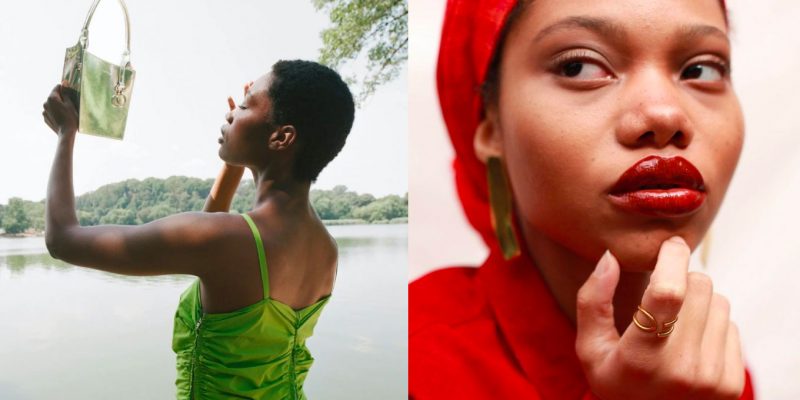Music
The Colour of Pop
Black women are leading the charge in pop music—so why are they classified as R&B?
by : Sumiko Wilson- Sep 20th, 2023
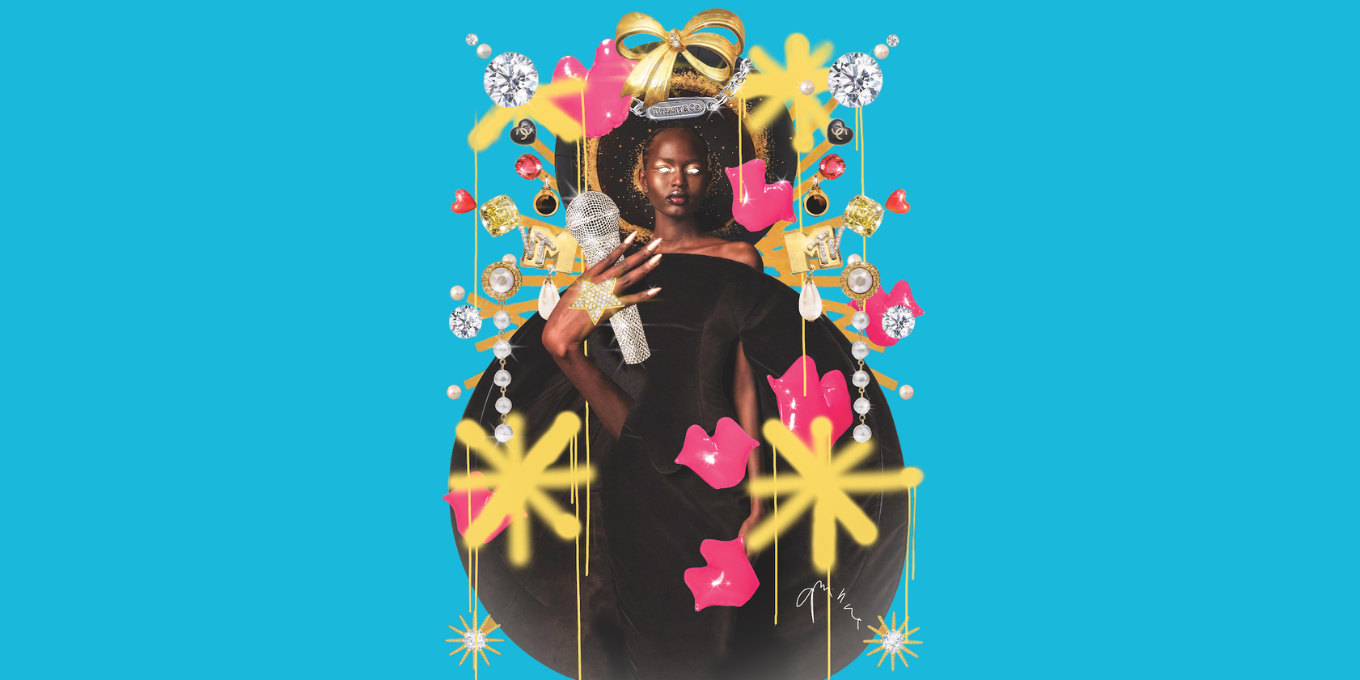
COLLAGE, GUILLAUME BRIÈRE
With Beyoncé, Rihanna and Janelle Monáe holding on to their reign and soft-spoken U.K. songstress PinkPantheress, songwriter turned superstar Victoria Monét and Queen Bey protege Chloe Bailey joining their ranks, it might be easy to assume we’re in a Black-pop renaissance. But that’s not the whole picture: Black women have always set the tone for pop music, although their contributions are often unnoticed, underappreciated or categorized as the wrong genre entirely.
When Fifth Harmony alum Normani released her first solo single, “Motivation,” in 2019, much of my Twitter timeline dismissed the buoyant, horn-laden song as “too pop,” as if she were somehow predestined for a more R&B-tinged sound. In a 2019 cover story for Cosmopolitan, she asked: “Why does pop music have to be so white? Why don’t we make it a little bit more me?” When online trolls accused her pop-sounding debut as being just that—too white—she was undeterred: “You’ll know that I’m a Black girl, even if it’s on the quote-unquote whitest record ever.”
The criticism of “Motivation” was not unlike what happened at the 1989 Soul Train Awards, when then newcomer Whitney Houston came under scrutiny for her pop-tinged sound. This is particularly ironic considering that while she was emerging, she struggled to be featured on MTV because her sound was too R&B. Decades later, The New York Times described Houston as “too Black for the puritanical white pop mainstream [and] too white for the narrow-minded Black listeners who booed her at the 1989 Soul Train Awards.”
Cut to the chaotic 30 seconds after Doja Cat and SZA were announced Best Pop Duo at the 2022 Grammy Awards. “I have never taken such a fast piss in my whole life,” said Doja Cat as she rushed onstage from the restroom. Once the moment settled in, she began wiping away tears. “I like to downplay a lot of shit, but this is a big deal,” she continued. More than one year later, that win has stuck with me, both for being completely unhinged (between SZA accepting the Grammy on crutches and Doja Cat’s poorly timed bathroom break) and because they were the first Black women to accept this award.
Prior to that awards night, I’d been convinced that Black women had already dominated this category when teen stars turned R&B phenomena Brandy and Monica nabbed a Grammy win in 1999 for the smooth, scintillating track “The Boy Is Mine.” That victory, however, was for Best R&B Performance by a Duo or Group. With its ethereal synth-harp line, pulsing beat and vocal acrobatics throughout, “The Boy Is Mine” soared to the top of the Billboard Hot 100. The genre classification isn’t a bad thing—both Brandy and Monica proudly identify as R&B artists—but with its traditional verse-chorus verse-chorus structure, steady, upbeat tempo and infectious melody, this is, objectively, a pop song.
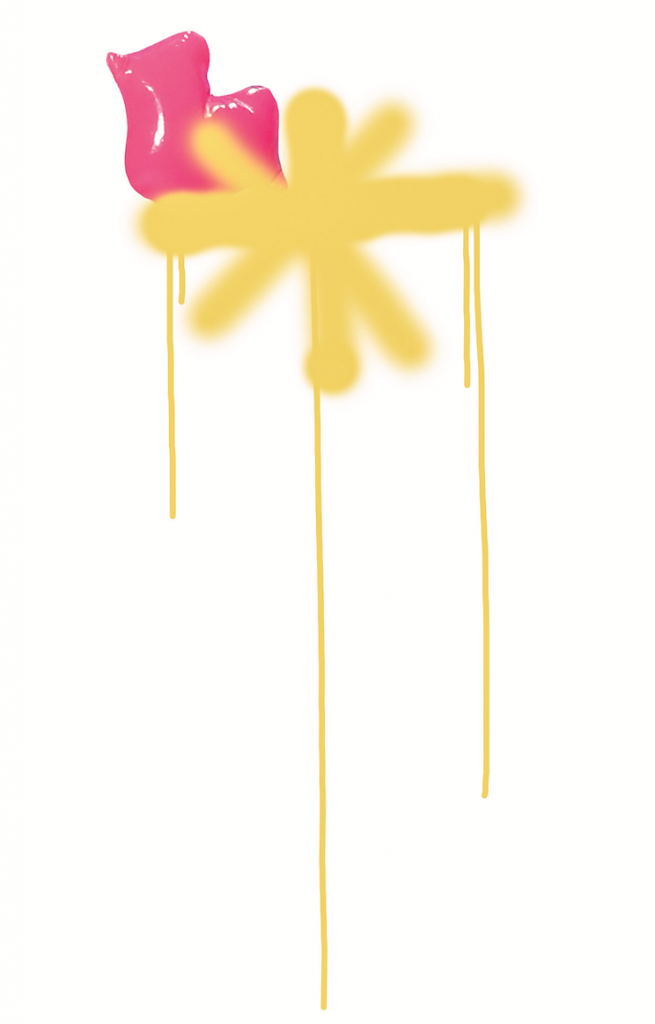
Etymologically, pop music is simply what’s popular. What distinguishes a pop song from an R&B song is subjective, but R&B can most easily be defined by its soulful nature. By name, it’s literally rhythm and blues, though it’s currently in its most malleable iteration. The distinguishing factor could be any detail, from the tempo to the lyrical content to the melismatic singing (which is when a single syllable is expressed in a series of notes—in R&B this tends to be with riffs and runs). Since the lines are so commonly blurred between genres, it’s almost as if the only detail differentiating them here is the artist’s race.
As artists like Ariana Grande, Sam Smith and Justin Bieber teeter between R&B and pop with ease, the issue of genre appears to stick to Black singers. Time after time, white musicians create music that sonically borrows from Black artists without encountering the same roadblocks.
Journalist Danyel Smith captures the complicated double standard perfectly in her 2022 book, Shine Bright: A Very Personal History of Black Women in Pop: “For Black artists caught up in the cycle of white artists being rewarded for mimicking Black artists and Black artists being maligned or short-sold for trying to sound like white artists, who are trying to sound like them, it’s easy to succumb to existential gloom.” This idea can be traced back to the genre’s origin and is intrinsically tied to how the world perceives pop stars. “It’s Elvis Presley slicking his hair into a pompadour like Little Richard or Chuck Berry, who had straightened their hair to look like the silkened white boy thatch held up by Americans as superior to glossy coils,” writes Smith. “It’s the fact that blackness has more value coming from white artists.”
The industry’s and audience’s restrictive ideas about how Black women should express and present themselves is a double-edged sword that pierces emerging artists finding their way. However, the legacy of Black women in pop is one of perseverance, and it’s opening the door for a new generation. Doja Cat is boundless in her expression, seamlessly shifting between rap and pop. Tinashe consistently flexes her versatility as a writer, producer, singer and dancer and takes control of her sound. Sonically and visually, Monáe creates worlds that are both fantastical and unabashedly authentic. The way that Bree Runway pairs vivid, immersive soundscapes with fun, inventive visuals puts her in a class of her own. When Normani dances, it’s poetry in motion. And SZA is one of the most honest songwriters of our time. Each of these Black women in pop, among many others, is propelling the genre forward.
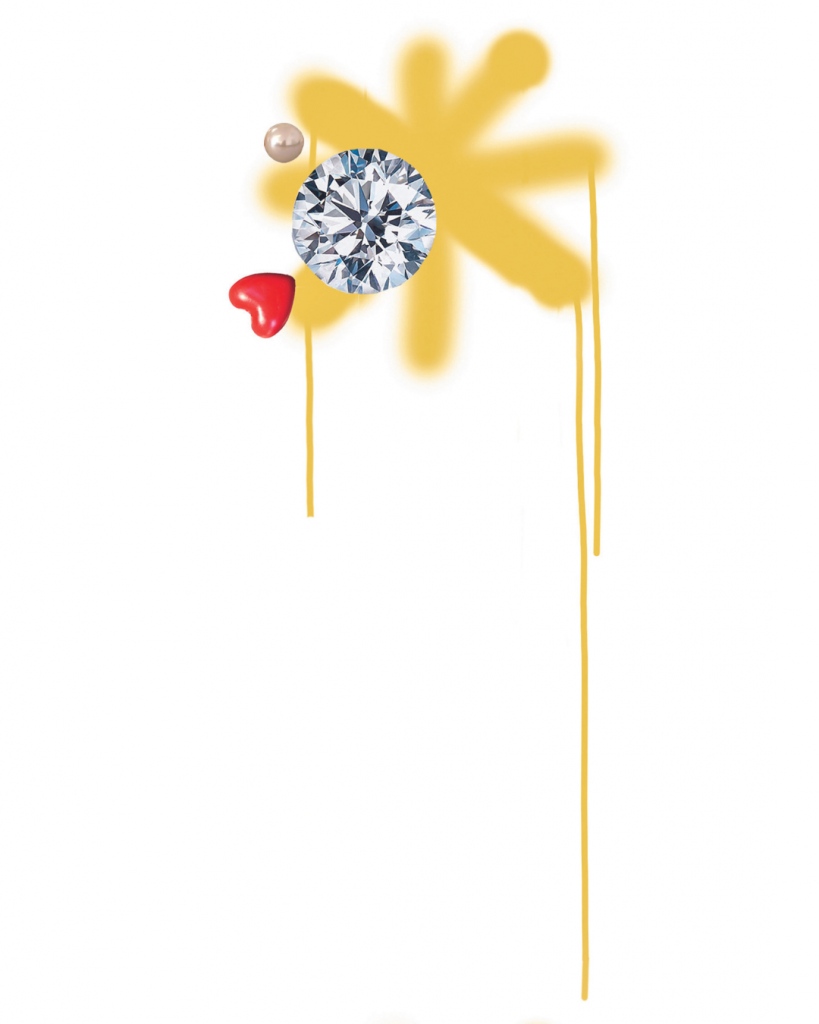
The same level of innovation is coming from Canadian artists as well. In one hour on Toronto pop station KISS 92.5, two songs by Black women were played: Canadian Congolese artist Lu Kala’s bubbly, anthemic track “Pretty Girl Era” and Atlanta-raised rapper Latto’s single “Lottery,” which also features Kala. With every viral song Kala pens and performs, she is pushing pop to be more inclusive. Each of her tracks evokes a vibrant, technicolour vibe that’s deepened by her honest lyrics and brassy, magnetic voice. “People would see me and expect that, as a Black girl, I would do R&B,” says Kala. “Then they’d be surprised when I’d press play on my demos.”
“Artists of different races can drop a song and automatically be considered pop [based on] the genre of the song or its mass appeal,” she adds. “But as we see [over] time, Black artists can only become pop when they become successful, but when you enter into the industry, no matter what genre you’re in, people try to put you in a box,” she says.
Kala explains that when she’s doing press, she is sometimes incorrectly referred to as an R&B pop artist. “There is nothing about my sound that is even remotely R&B,” says the singer songwriter. “I get that label [because of] the way I look. It’s kind of unfair. I’ve had to fight this battle, and in the long run, I’m excited for all the boys and girls and people who come after me and want to be in different genres but [don’t fit] the status quo or the image we’re used to seeing.” Black women are etched into every facet of pop culture, and pop music is gradually catching up and giving due credit, but it’s time to pick up this tune’s tempo.
Newsletter
Join our mailing list for the latest and biggest in fashion trends, beauty, culture and celebrity.
Read Next
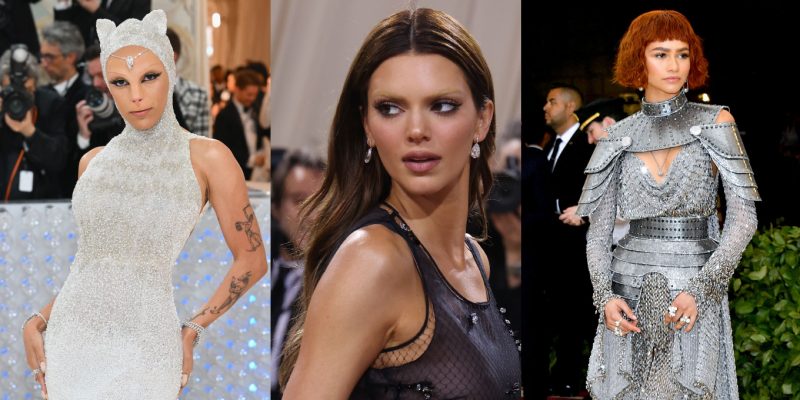
Beauty
The Best Met Gala Beauty Looks Of All Time
From Taylor Swift's 'Bleachella' era to Rihanna's iconic 2011 braids, meet the best beauty moments in Met Gala history.
by : Katie Withington- Apr 26th, 2024
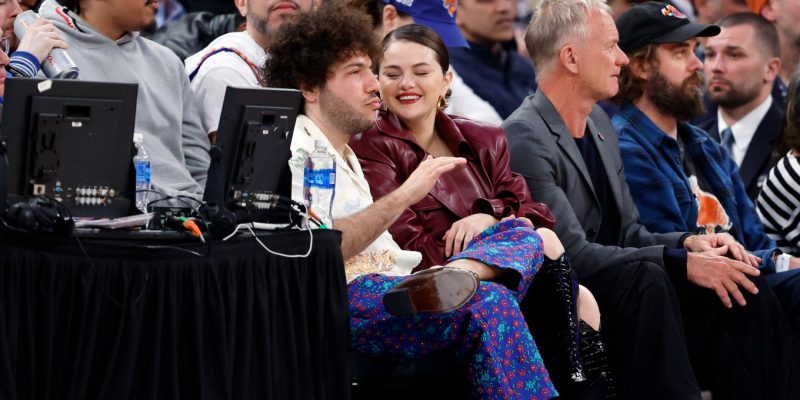
Culture
Benny Blanco Says He Fell in Love With Selena Gomez Without ‘Even Noticing’ It
Allow Benny Blanco to tell the straight-from-a-rom-com story of how he realized his feelings for his girlfriend and longtime friend.
by : Alyssa Bailey- Apr 26th, 2024

Beauty
Tested and Approved: Your New Hydrating Skincare BFF
This new product has all of your skin’s thirst-quenching needs covered.
by : ELLE Canada- Apr 17th, 2024


